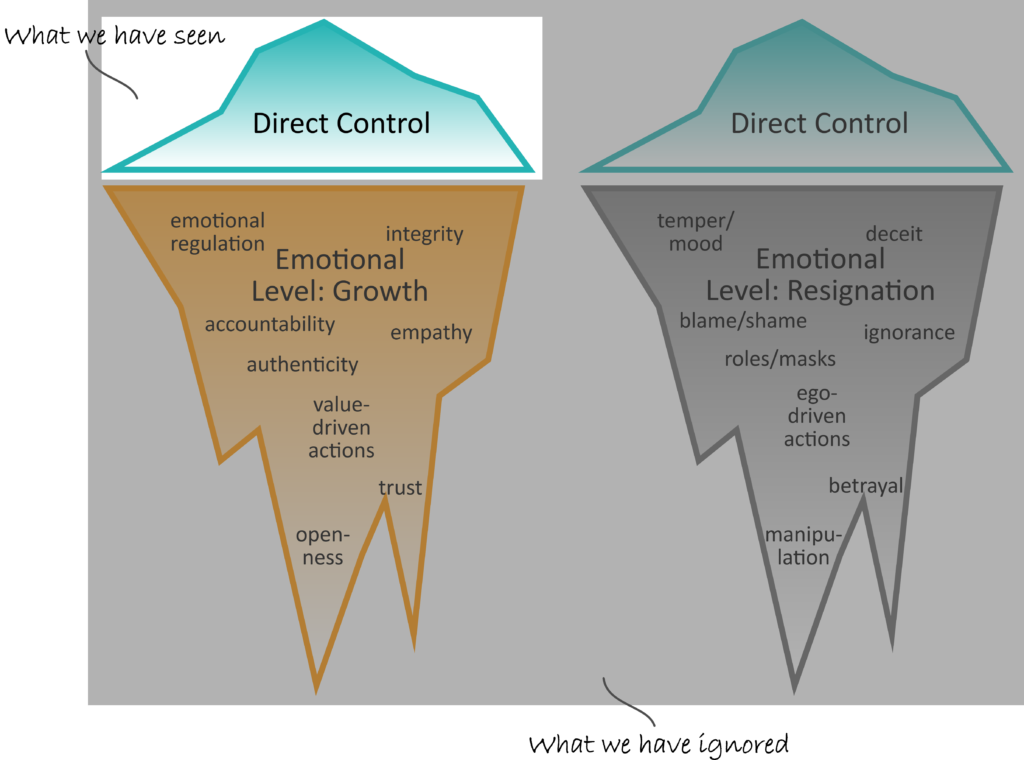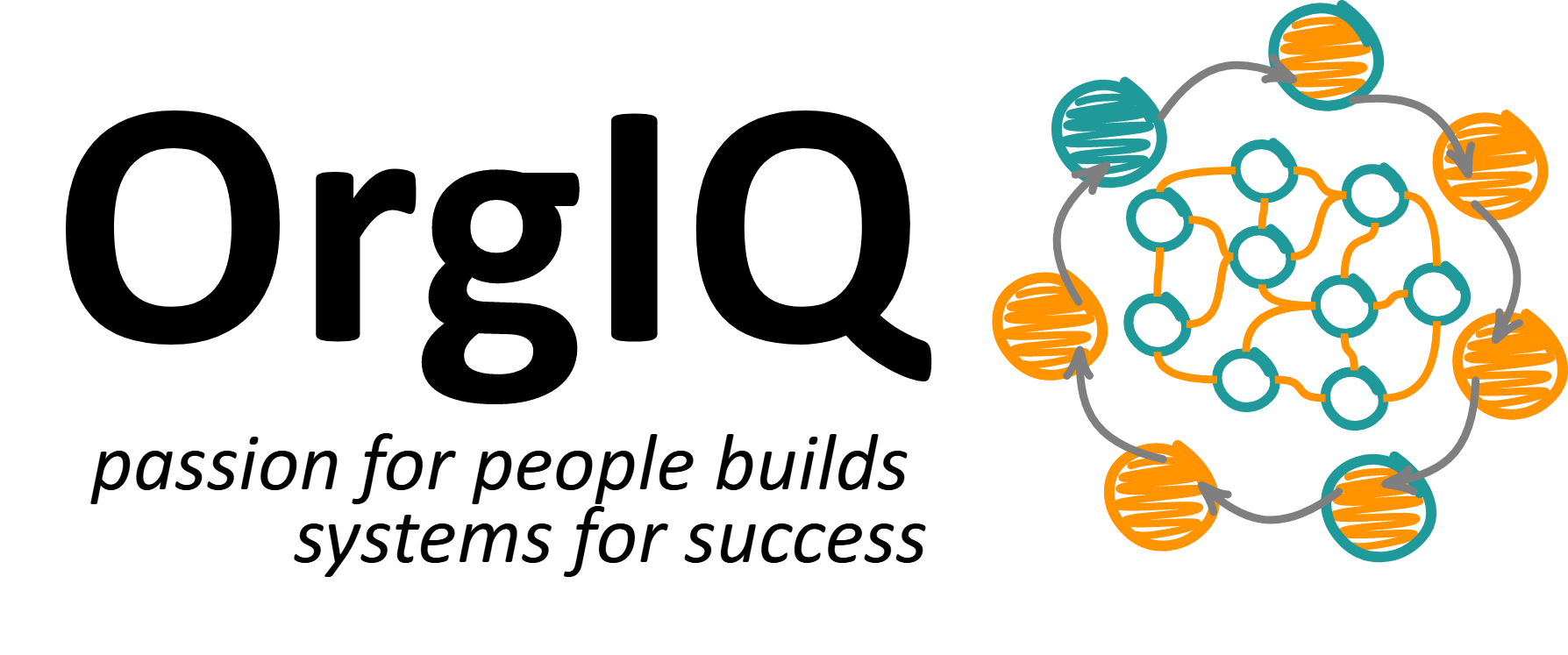In today’s competitive market, companies that thrive are those that harness creativity and innovation, not those that stick to the old “potato field” ways of thinking. So, what separates the dynamic, creative workplaces from the outdated, time-obsessed ones? Let’s dig into the mindset that distinguishes the future-focused companies from those stuck in the past.
Understanding the Potato Field Approach

Picture a vast potato field. It’s all about the hours and manpower. More time, more people, more potatoes, right? This is how some companies still measure productivity: hours plus revenue equals success. But here’s the twist—this mindset fails in the realm of knowledge and creative work. Creative and knowledge work doesn’t scale with time or people, as thought leaders like Peter Drucker and Fred Brooks have pointed out. And we from OrgIQ, such as many other, believe and experienced it too.
“Creative and knowledge work doesn’t scale with time or people.”
The Illusion of Control
The potato field approach gives a false sense of control—logging hours and measuring output the old-fashioned way. It’s comfortable but deceiving. You think you’re measuring value, but really, you’re just counting time. And what you count will be the focus of your people. So they focus on time spend and not value created.

The Signal of Innovation: Shifting from Process to Output
The simplest indicator of an outdated mindset? Time tracking plus revenue focus. When you see this, it’s a sign that innovation is being stifled. Creative work flourishes under freedom, not the watchful eye of a clock.
Instead of counting hours, progressive companies focus on results—what is achieved, not how long it takes. This shift to output-based thinking prioritizes purpose and outcomes over process. It’s about what you produce, not how long you sit at a desk.
The Creative Workplace Reality
You might hear about innovative, free-thinking workplaces. But often, the reality hits after you’ve been there for six to twelve months. Only then do you see if a company truly practices what it preaches.
“The interesting question is, if the C-levels and all other departments believe, what HR is marketing. Sorry to say, most of the time these are separate worlds.”
As a professional, you learn to spot the signs of a potato field mindset early. Is the company measuring time to gauge productivity? If so, they’re likely stuck in an outdated mode that equates sitting time with value.
Trust vs. Control: The Core Choice
At the heart of this shift is a choice between control and trust. Do you see the world as hostile or friendly? This perspective shapes how you work and manage.
When you work against human nature, resistance is inevitable. But when you accept and integrate people’s humanity, you earn loyalty beyond what strict control could ever achieve.

The Strength of Trust
Embracing trust over control leads to a workplace where creativity and productivity thrive. People need autonomy to be truly innovative. When workers feel trusted, they’re not just filling seats; they’re motivated to contribute meaningfully.

Conclusion: Embracing the New Creative Economy
The shift from the potato field to a creative powerhouse isn’t just about dropping time cards. It’s about transforming how we view work and value. It’s a move towards seeing employees as thinkers and creators whose worth isn’t tied to the clock. By fostering an environment of trust over control, companies can unlock a level of creativity and loyalty that turns conventional wisdom on its head. This isn’t just about being modern—it’s about being smart in a world where the most valuable resources are human creativity and ingenuity.
Disclaimer: If you stop control today, there won’t be trust there automatically tomorrow. Such as a new language trust need to be learned and developed. Plan a time span from one to two years. Depends how much disappointment had accumulated. It’s worthwhile, but it needs time and continuity.

Leave a Reply